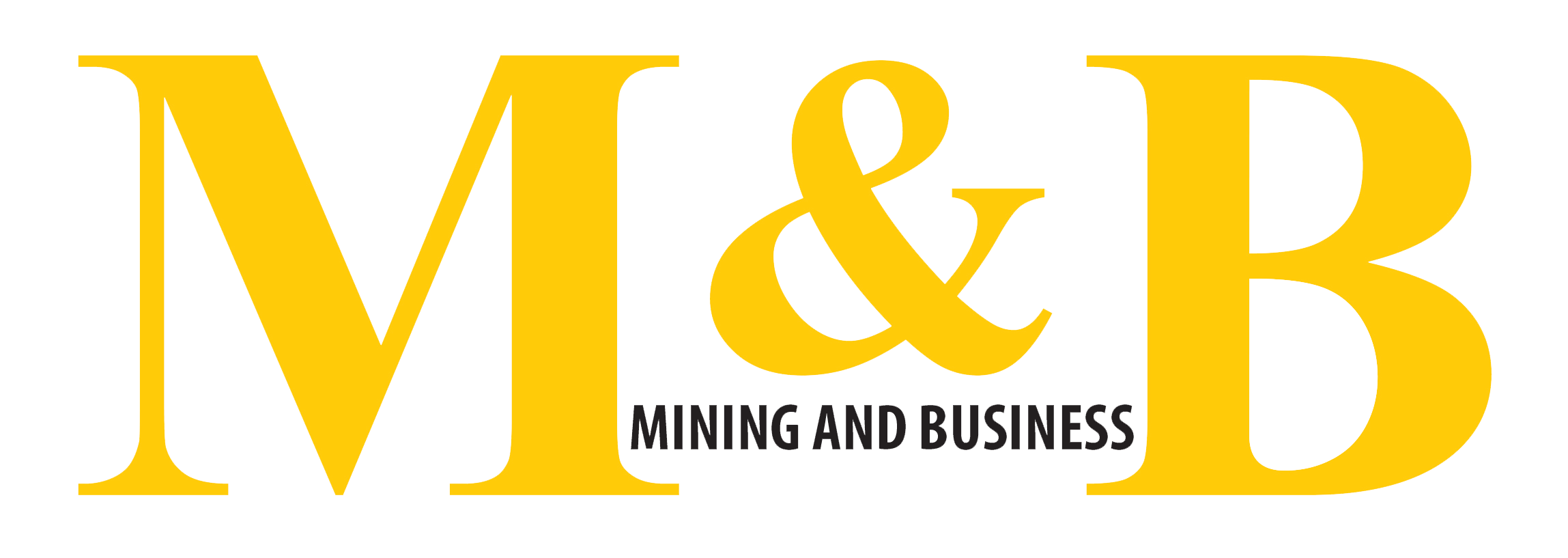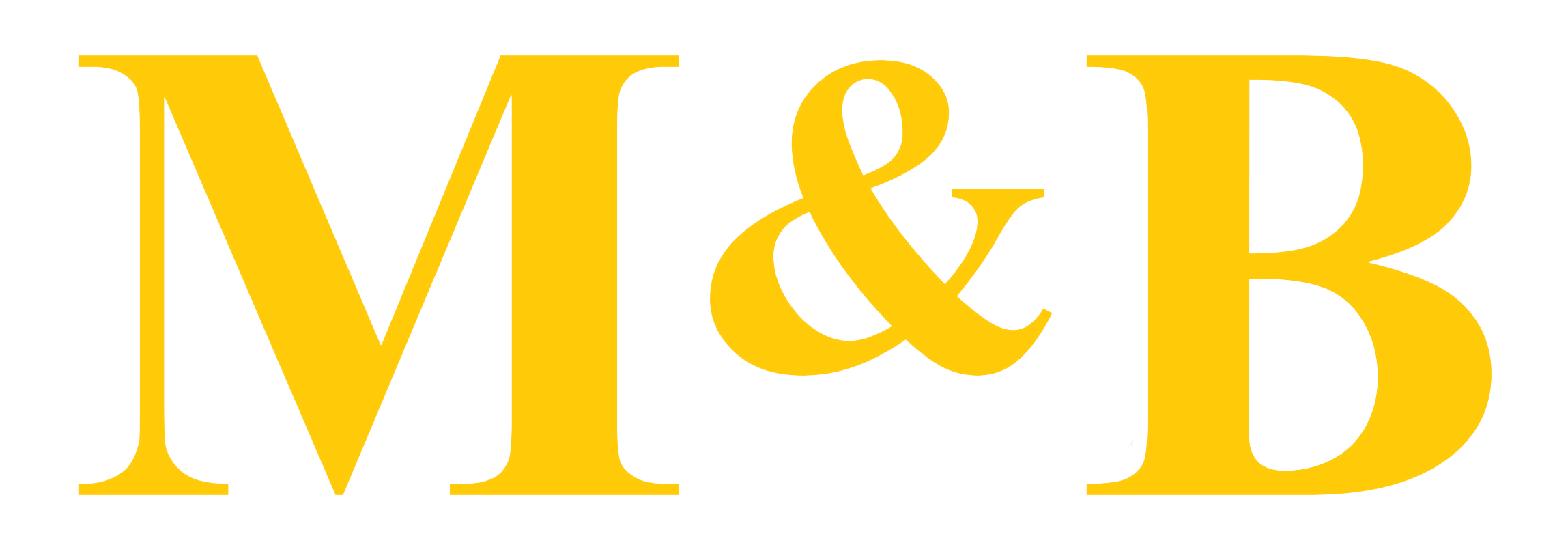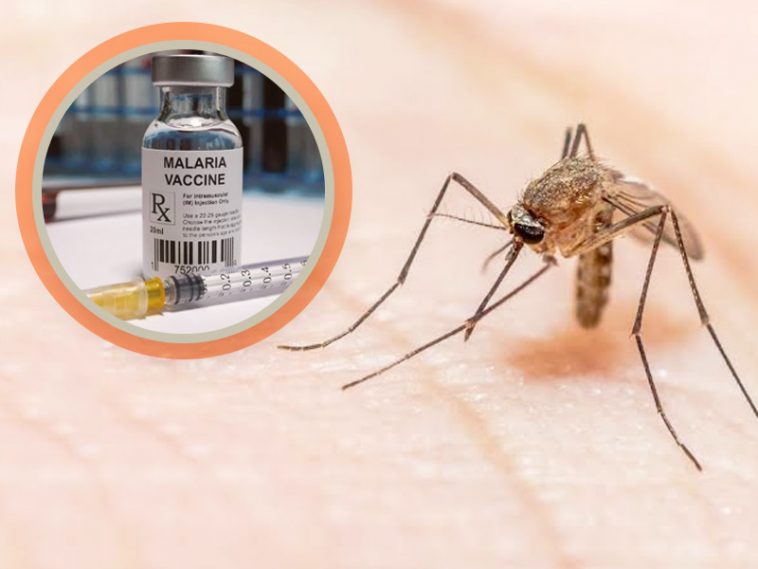On Monday 15 July, Côte d’Ivoire became the first country to roll out a malaria vaccine developed by the Serum Institute of India Ltd, the world’s largest vaccine manufacturer, in partnership with Oxford University.
The R21 vaccine will be administered to children in Abidjan from Monday, the developers and their partners said in a statement. It is the second malaria vaccine to be used.
“The new vaccine has been licensed in Ghana, Nigeria, Burkina Faso and the Central African Republic, and many others are preparing to receive shipments,” they said in the statement. A total of 656,600 doses have been received, which will initially vaccinate 250,000 children, from newborns to 23 months, in 16 regions of Côte d’Ivoire.
The vaccine was recommended in 2023 by the World Health Organisation for use in Africa in children under the age of five, the age group that bears the greatest burden of a disease that kills more than 600,000 people a year. In Côte d’Ivoire alone, four people a day die from the disease, according to the country’s Ministry of Health.
Malaria was one of the world’s neglected diseases, with 95% of cases and 96% of deaths occurring in Africa, many of them in the continent’s poorest countries. However, the lack of a lucrative commercial market has meant that there is little incentive to develop a vaccine.
It is also a difficult target for vaccine manufacturers. The parasites that cause this deadly disease are prone to mutations that allow them to develop resistance to treatment. By 2022, the WHO had formally approved Mosquirix, the first vaccine against the disease, developed by GSK Plc and its partners.
Serum has produced 25 million doses and is committed to reaching 100 million annually. The immunisation uses an adjuvant developed by Novavax Inc. to help elicit an immune response against malaria, and specifically targets a version of the parasite that is prevalent in Africa.
Costing less than $4 per injection, the vaccine will be cheaper than currently produced treatments, with three doses to be given to children between five and 36 months, followed by a booster a year later. The efficacy of the vaccine has been demonstrated in a clinical trial, reaching up to 80% one year after the administration of the fourth dose.
The vaccines will be distributed mainly with the help of international health organisations such as Gavi, the Vaccine Alliance, the WHO, the Global Fund and Unicef.
“Fifteen African countries are expected to introduce malaria vaccines with Gavi support in 2024, and the countries plan to reach approximately 6.6 million children with the malaria vaccine in 2024 and 2025,” the developers said.
M&B with Bloomberg





